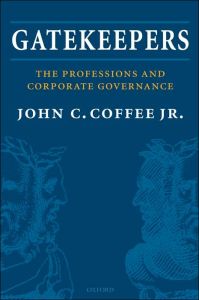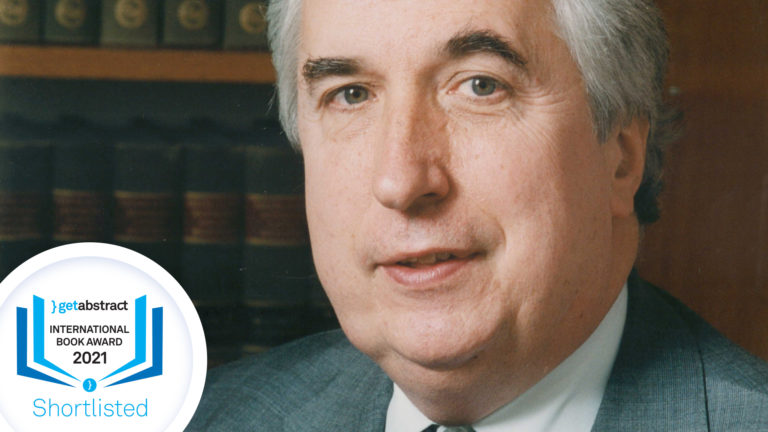Join getAbstract to access the summary!

Join getAbstract to access the summary!
John C. Coffee, Jr.
Gatekeepers
The Role of the Professions in Corporate Governance
Oxford UP, 2006
What's inside?
Scandals like Enron proved that people must think closely about gatekeepers’ roles. What you still don’t know may surprise you.
Recommendation
Although everyone may be fascinated by the corporate scandals of the past decade, figuring out how to make sure they don’t happen again is what’s really important. John C. Coffee Jr. shows how the professions of accounting, law, ratings and securities analysis let investors and consumers down. He is not interested in assigning blame but rather in demonstrating how changing corporate cultures, conflicts of interest, diminishing competition and declining professional standards combined to leave the public vulnerable. After explaining who the gatekeepers are, what their duties were in the past and what they do now, Coffee provides valuable recommendations for creating a viable gatekeeping function for the future. His ideas are sensible and he is modest, admitting that they are not complete or perfect. His writing about this complex subject is surprisingly clear, and his ability to illustrate his points with cogent examples from the headlines makes for an interesting read. getAbstract recommends this book to executives, board members and others with a stake in good corporate governance.
Summary
About the Author
John C. Coffee Jr. is the Adolf A. Berle Professor of Law at Columbia University. He has been listed as one of the Most Influential Lawyers in the United States and has published widely about securities, takeovers and finance.



















Comment on this summary